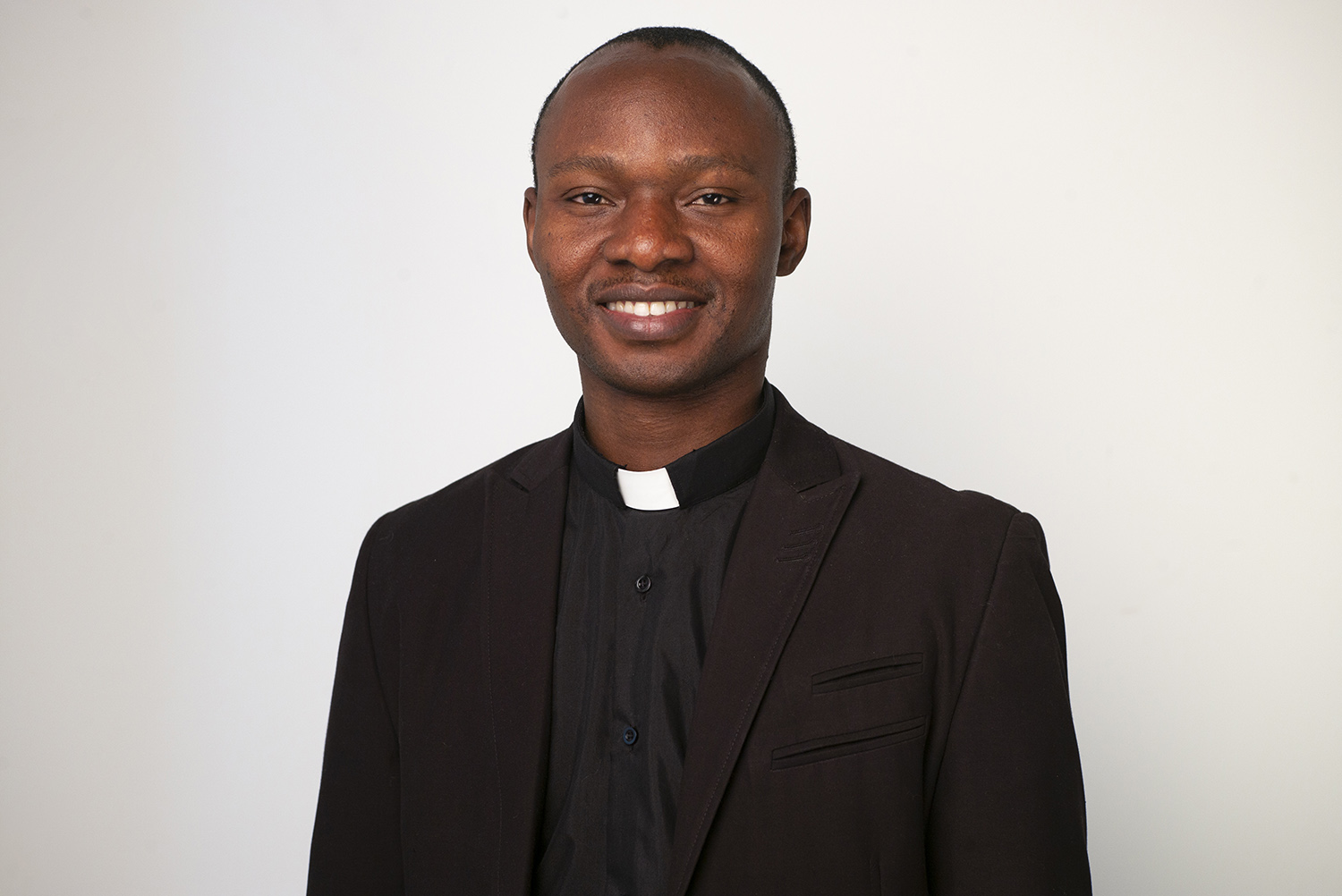By Femi Aribisala
My niece says she wants to see God, but not in this life. So, I asked her: “Who do you think you will see in heaven? Will you see God with a face, eyes, a nose, and a mouth? Those physical attributes belong to God as a man.”
However, God is a Spirit. Jesus says: “Those who worship Him must worship in spirit and truth.” (John 4:24).
Since God is a Spirit, would He not also be invisible in heaven? I believe since God is invisible on earth, He would probably also be invisible in heaven. He is the Lord; He does not change. The challenge then is for us to be able to see the invisible; even while we are still here on earth.
“Therefore, I speak to them in parables, because seeing they do not see, and hearing they do not hear, nor do they understand. And in them the prophecy of Isaiah is fulfilled, which says: ‘Hearing you will hear and shall not understand, and seeing you will see and not perceive.God’s blessing
When the Lord called me, He required me to read Matthew 13:13-16. That scripture says:
“Therefore, I speak to them in parables, because seeing they do not see, and hearing they do not hear, nor do they understand. And in them the prophecy of Isaiah is fulfilled, which says: ‘Hearing you will hear and shall not understand, and seeing you will see and not perceive.
For the hearts of this people have grown dull. Their ears are hard of hearing, and their eyes they have closed, lest they should see with their eyes and hear with their ears, lest they should understand with their hearts and turn, so that I should heal them.’
But blessed are your eyes for they see, and your ears for they hear.”
Creating the blind
God says to Moses: “Who gave man his mouth? Who makes him deaf or mute? Who gives him sight or makes him blind? Is it not I, the Lord?” (Exodus 4:11-12).
In effect, it is God who makes some people blind. He does this because if He does not set blindness in nature, we would never know that there is blindness. Natural blindness is counterfeit. The real blindness is the inability to see God.
The same goes for deafness. Natural deafness is counterfeit. The real deafness is the inability to hear God. Jesus’ statement above means there are people who have eyes, but they cannot see. There are people who have ears, but they cannot hear.
But then Jesus says my eyes are blessed and my ears are blessed.
If my eyes are blessed because they see, then I should be able to see God. If my ears are blessed because they hear, then I should be able to hear God.
I realised the hearing of God by His grace during an attack by armed robbers on airport road in Lagos in 1996. The first thing He said to me was: “Femi, nothing is going to happen to you here.” But after He said this, I was shot in the leg by the robbers.
Then, after I became concerned about the bullet in my leg, He said to me: “Femi, there is nothing wrong with your leg.”
Presence of peace
On that occasion, I knew for certain that the Lord was there. I not only heard His voice; I knew He was there. I felt His manifest presence. That presence was peace. He spread peace all over me and all around me, and I was not afraid of the robbers.
When they left, the peace was lifted, and I became afraid. I thought: “I am going to bleed to death on this road.” But then He came back and said: “Femi, there is nothing wrong with your leg.”
And His peace was restored yet again.
I understood much later that: “(God) will keep him in perfect peace, whose mind is stayed on (God).” (Isaiah 26:3).
On that fateful day, I could hear the Lord, but could not see Him. Nevertheless, He was there. He was right there, but I could not see Him. Then He came back several days later and told to me: “Blessed are your eyes for they see.”
In effect, on that “Damascus road,” I also saw the Lord but did not know it. Over 25 years later, I now realise that I could have seen the Lord then because I see Him now.
Seeing God
However, the bible tells us no man can see God. Jesus says: “No one has seen God at any time.” (John 1:18). God told Moses: “You cannot see My face; for no man shall see Me, and live.” (Exodus 33:20).
Well, we may not be able to see God’s face in this dispensation, but that does not mean we cannot see God. We can see a man without seeing His face. When we see a man, we see God because man is made in the “similitude of God.” (James 3:9). Man is made in the image and glory of God.
But even more fundamentally, we can see the invisible God without seeing His face: “For since the creation of the world His invisible attributes are clearly seen, being understood by the things that are made.” (Romans 1:20).
Indeed, according to the scriptures, many people have seen God. He appeared to Abraham by the terebinth trees of Mamre. (Genesis 18:1-5). He appeared to Jacob in Peniel. (Genesis 32:30). He also appeared to Moses:
“By faith (Moses) left Egypt, not fearing the king’s anger; he persevered because he saw him who is invisible.” (Hebrews 11:27). “The Lord spoke to Moses face to face, as a man speaks to his friend.” (Exodus 33:11).
God was also seen by the 70 elders of Israel (Exodus 24:10); by
Gideon (Judges 6:22); by Manoah and his wife (Judges 13:21-22); by Isaiah (Isaiah 6:1-2); and by the disciples of Jesus.
Paul says: “He was seen by Cephas, then by the twelve. After that He was seen by over five hundred brethren at once, of whom the greater part remain to the present, but some have fallen asleep. After that He was seen by James, then by all the apostles. Then last of all He was seen by me also, as by one born out of due time.” (1 Corinthians 15:5-8).
Theophanies of God
The Lord has also appeared to me many times. Once, He took me to heaven and set me before the throne of God. But I could not see the person seated on the throne.
He once appeared to me as the Lion of the tribe of Judah. The Lion played with me and then used its claw to stroke my eyeball. Another time, He appeared to me as Olusegun Obasanjo when Obasanjo was still the president of Nigeria.
In 2006, He appeared to me as T.S.B. Aribisala. He said to me: “I will send you some money next month from Canada.” Within eight days afterwards, I received N11 million as unexpected gifts which I used to clear my debt to First Bank in buying the building we now use for our fellowships.
In 2012, He appeared to me on a mountain as Barrack Obama, president of the United States. He shook hands with me and took photographs with me.
But these were all in dreams. Now I know that we should be able to see God when we are wide awake and not only in visions while asleep.
TO BE CONTINUED



